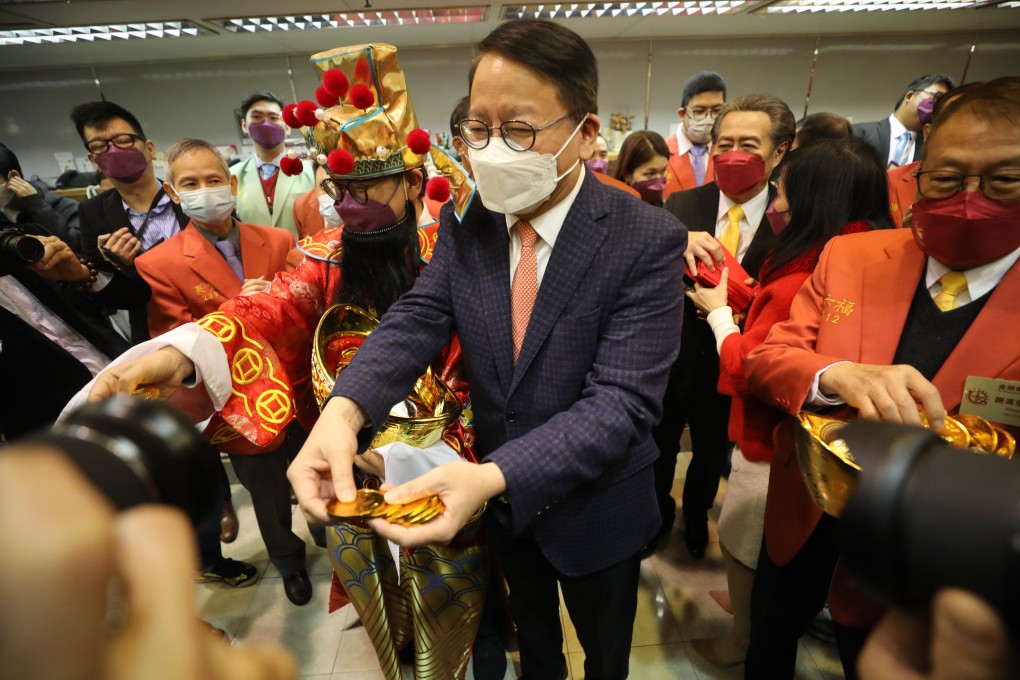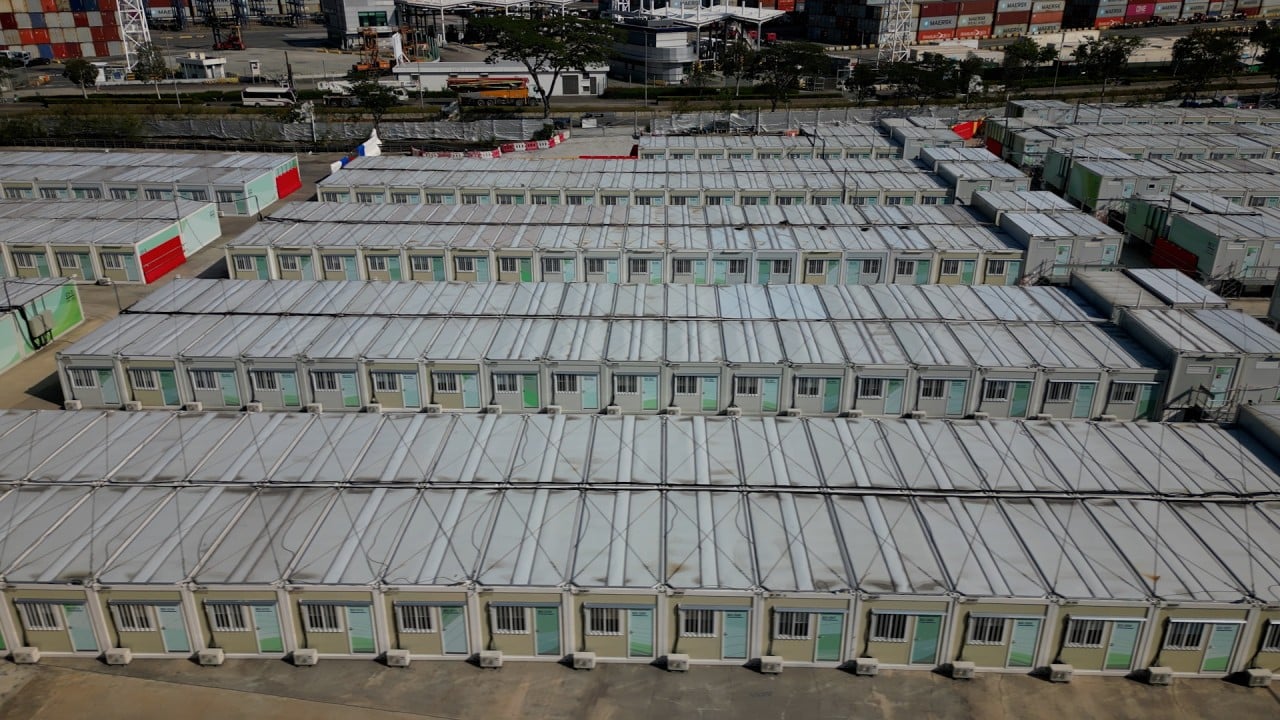Editorial | More to Hong Kong talent search than just finding it
- As Hong Kong battles to recover from economic damage inflicted by the pandemic, it has to address its strengths and weaknesses and recruit accordingly

Chief Executive John Lee Ka-chiu put the fight to attract global talent front and centre of Hong Kong’s strategy for recovery from the economic damage wrought by the pandemic – with good reason. The city’s workforce shrunk by 140,000 over the past two years, and the number of work visas issued fell by two-thirds over three years.
Lee entrusted the initiative to a special unit headed by Chief Secretary Eric Chan Kwok-ki, and it launched an online platform just after Christmas to “trawl the world for talent”. Early results are in, and Chan has hailed them.
The raw numbers are encouraging. In the first two weeks of the drive to pull in new talent, 5,800 people applied. Chan made special mention that about 800 of them earned the equivalent of at least HK$2.5 million (US$319,000) a year, the benchmark for the most desired target group.
“With such a good result in the first two weeks, it proves Hong Kong is a big attraction,” Chan said.
That is reassuring. Hong Kong is a global services economy and above all an international finance hub that serves as a gateway to mainland China. Failure to compete successfully for top talent would be terminal.

